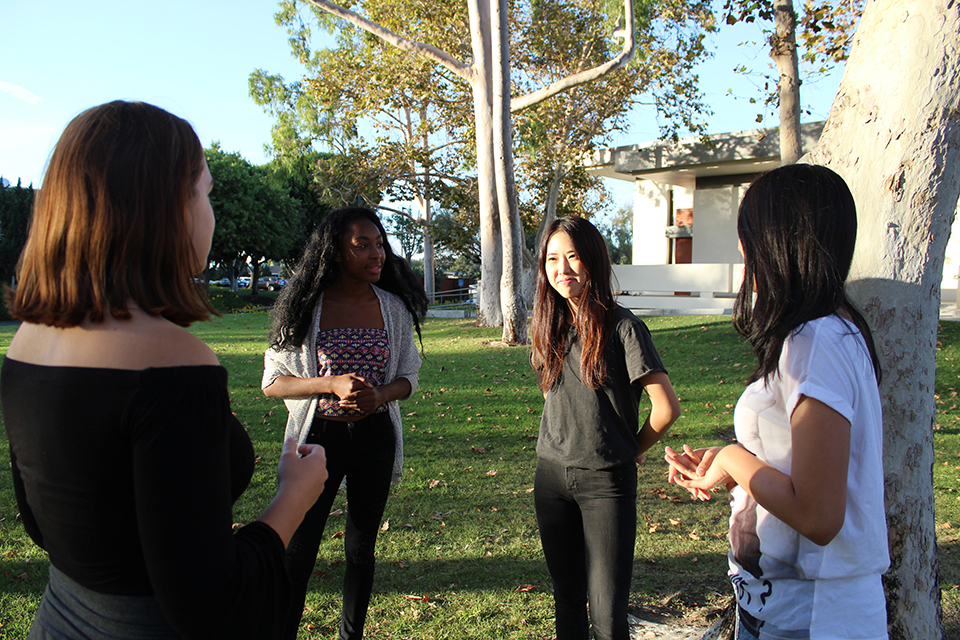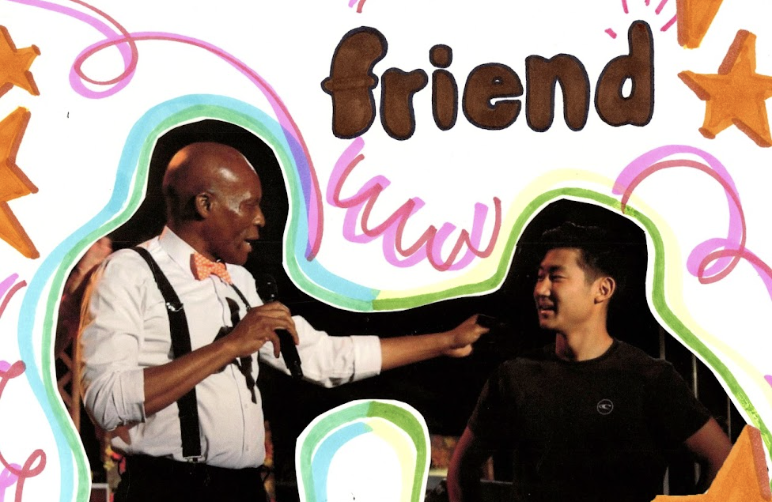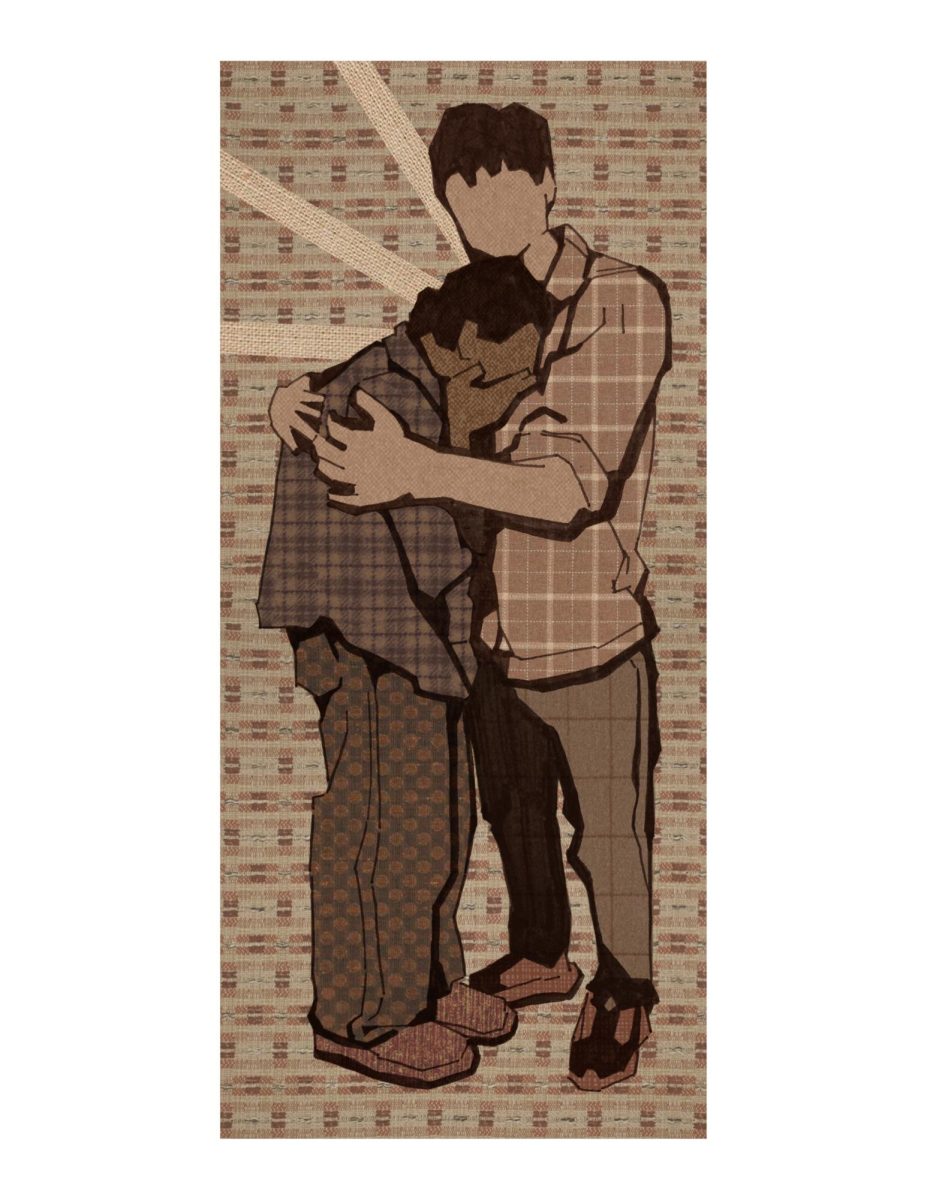Dear white people,
These first three words have probably turned you off to reading any further. But before you exit this page, please just stop for a moment and listen. I want to talk about an issue that we are all, or should all, be familiar with at this point. More specifically, I want to talk about the silence which has deafened me over the course of the past year or so. That is, the silence, or in general, apathetic stance that I have observed from my fellow white brothers and sisters in almost any and every conversation regarding anything to do with current day racial issues.
I grew up, from elementary to high school, in communities with largely Hispanic populations. The total percentage of minority population at my high school was 77 percent. That said, I knew I was white because I was unable to tan like the rest of my friends, I had blonde hair, and I was not Hispanic or black or Asian. I never, however, understood or questioned what it meant—for me personally, my role in society or in my community—to be white until I came to Biola. Suddenly, the majority of people on my campus looked like me. I began to notice just how much I blended into what felt like an endless ocean of pale faces. I soon came to realize, however, that while I now resembled the majority on my campus, I could not have felt more different from those who surrounded me. I did not understand how someone could make blatantly and underlyingly racist jokes, use a racial slur even in the context of a song, and then go about their day as if nothing had happened at all. I made the assumption that surely, at least in our generation, there was a level of understanding from everyone about racial issues.
I write this, not as a statement of, “Look how good I am compared to the rest of these people,” or out of a sense of false pride from self-claimed “awareness.” Rather, I speak from a heart in need of continuous humbling. Coming from a childhood where my race was not the majority in my small community—though I am part of the majority in our country—it was easy for me to believe the playing field was level, we all had equal opportunities, and were treated equally despite any ethnic differences. In a similar way, it would be easy for any white person from predominantly white communities, who has never had to really think about their racial identity, to see the “supposed racial issues” in our world today and pretend they do not actually exist, and people of color just need to “get over it,” they do not have it “that bad” and, “Why are they making such a fuss anyways?” Within our state of privilege, we could allow a life full of ignorant bliss.
In an article I recently read about the part white people have to play in racial reconciliation, the author described a word called “ubuntu” which means those who “understand that they belong in a greater whole and are diminished when others are diminished or humiliated or tortured or oppressed, or treated as if they were less than who they are.”
This is my invitation to you. I could spend years writing novels, going into great depth of the history of systematic oppression. I could give you facts and statistics and prove to you that racism is alive and rampant today. But none of that would matter if you in turn, remained in apathetic silence, if you never pushed aside your preconceived arguments and notions and simply listened. This topic may be uncomfortable for you to read. It should be. But, I would argue, it is a requirement, as a peer, as a part of the body of Christ and as a human being, for you to do so.
Sincerely,
A white person.







